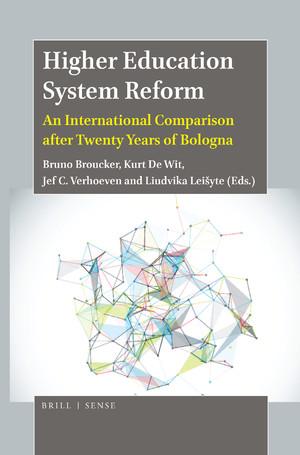University students‘ knowledge and understanding of economics have mostly been investigated cross-sectionally; however, longitudinal analyses are needed to determine which factors influence knowledge development and to draw valid conclusions based on test results. In the WiWiKom II project, a quasi-experimental longitudinal study was conducted assessing bachelor students of business and economics over the course of their studies in Germany (N = 39 universities). In this project, running from 2016 – 2019, the test-takers complete the WiWiKomII-test of economic knowledge (adapted TUCE4G and TEL4G items) and a general cognitive ability test (BEFKI 11) at four measurement points, each one year apart. In this paper, we describe the validation of the test instrument based on the data from the first measurement (winter semester 2016/17). We compare students‘ results on the economic knowledge test and the general cognitive abilities test between first-year students of economic sciences (N = 3,710) and social sciences (N = 1,347) to determine the discriminant validity of the economic knowledge test. The findings from the confirmatory factor analyses presented here show that the items on general cognitive ability and economic knowledge are empirically separable. As expected, there were no differences in the factorial structure between the comparison groups (economic vs. social science students) at the beginning of their studies.
Validating a Test for Measuring Knowledge and Understanding of Economics Among University Students
Ähnliche Projekte
Higher Education System Reform
Broucker, Bruno; De Wit, Kurt; Verhoeven, Jef C. & Leisyte, Liudvika (Hrsg.). (2019). Higher education system reform: An international comparison after twenty years of Bologna. Leiden: Brill Sense.
Second-Generation Immigrants’ Entry to Higher Education: Students’ Enrollment Choices at Different Types of Universities
Carstensen, V., Happ, R., & Zlatkin-Troitschanskaia, O. (2019). Second-Generation Immigrants’ Entry to Higher Education: Students’ Enrollment Choices at Different Types of Universities. Eastern Economic Journal, 1–35. doi.org/10.1057/s41302-019-00148-1
How migration background affects master degree students’ knowledge of business and economics
Happ, R., Nagel, M., Zlatkin-Troitschanskaia, O., & Schmidt, S. (2019). How migration background affects master degree students’ knowledge of business and economics. Studies in Higher Education, 1–16. doi.org/10.1080/03075079.2019.1640670
Ethics and Fairness in Assessing Learning Outcomes in Higher Education
Zlatkin-Troitschanskaia, O., Schlax, J., Jitomirski, J., Happ, R., Kühling-Thees, C., Brückner, S., & Pant, H.A. (2019). Ethics and Fairness in Assessing Learning Outcomes in Higher Education. Higher Education Policy, 32(4), 537–556. 10.1057/s41307-019-00149-x
